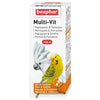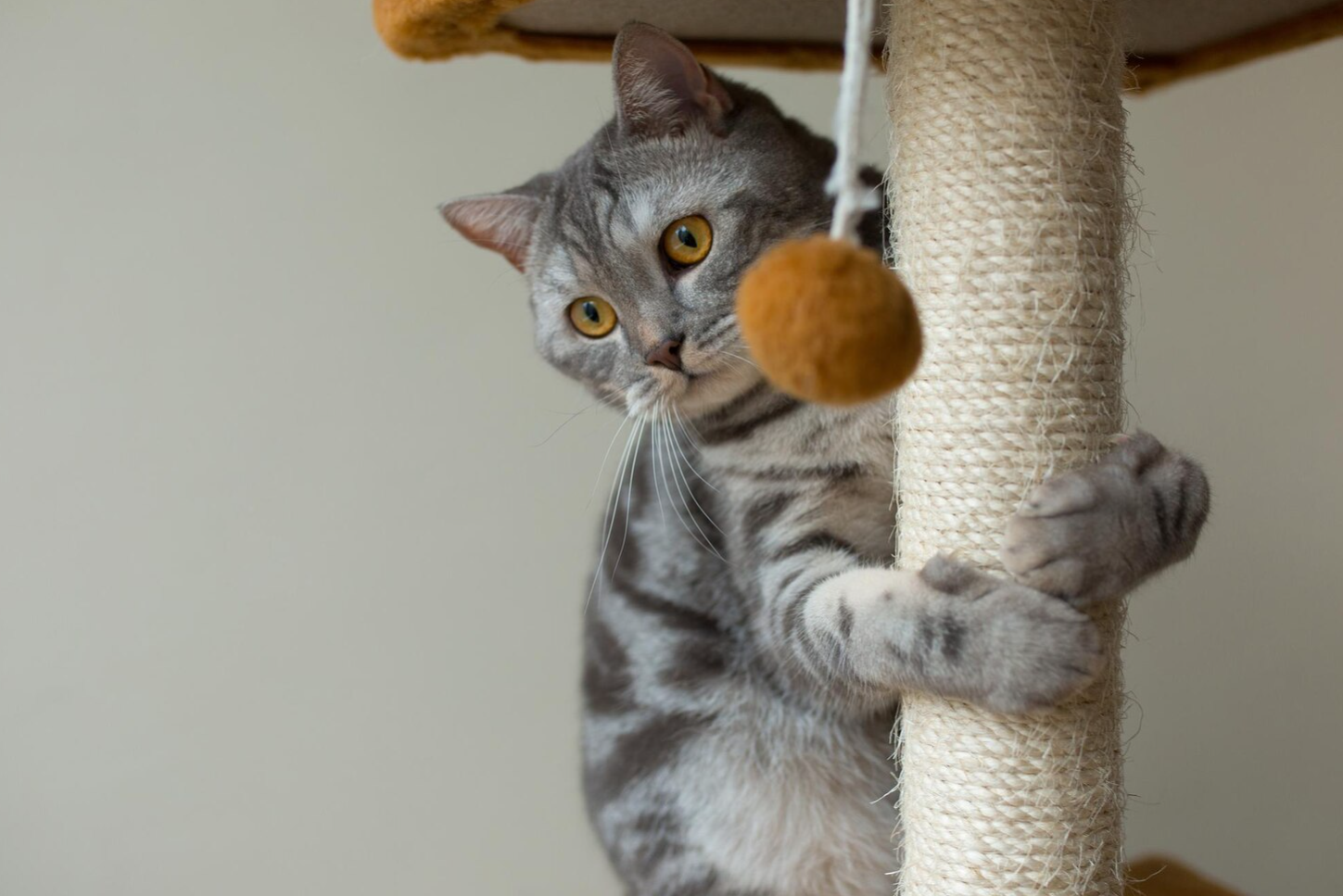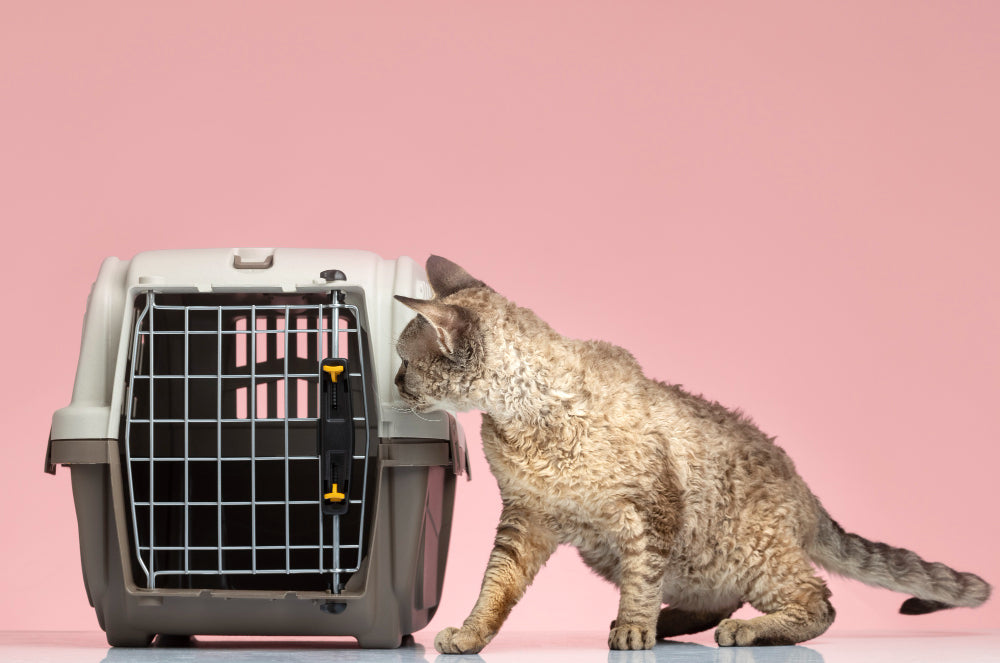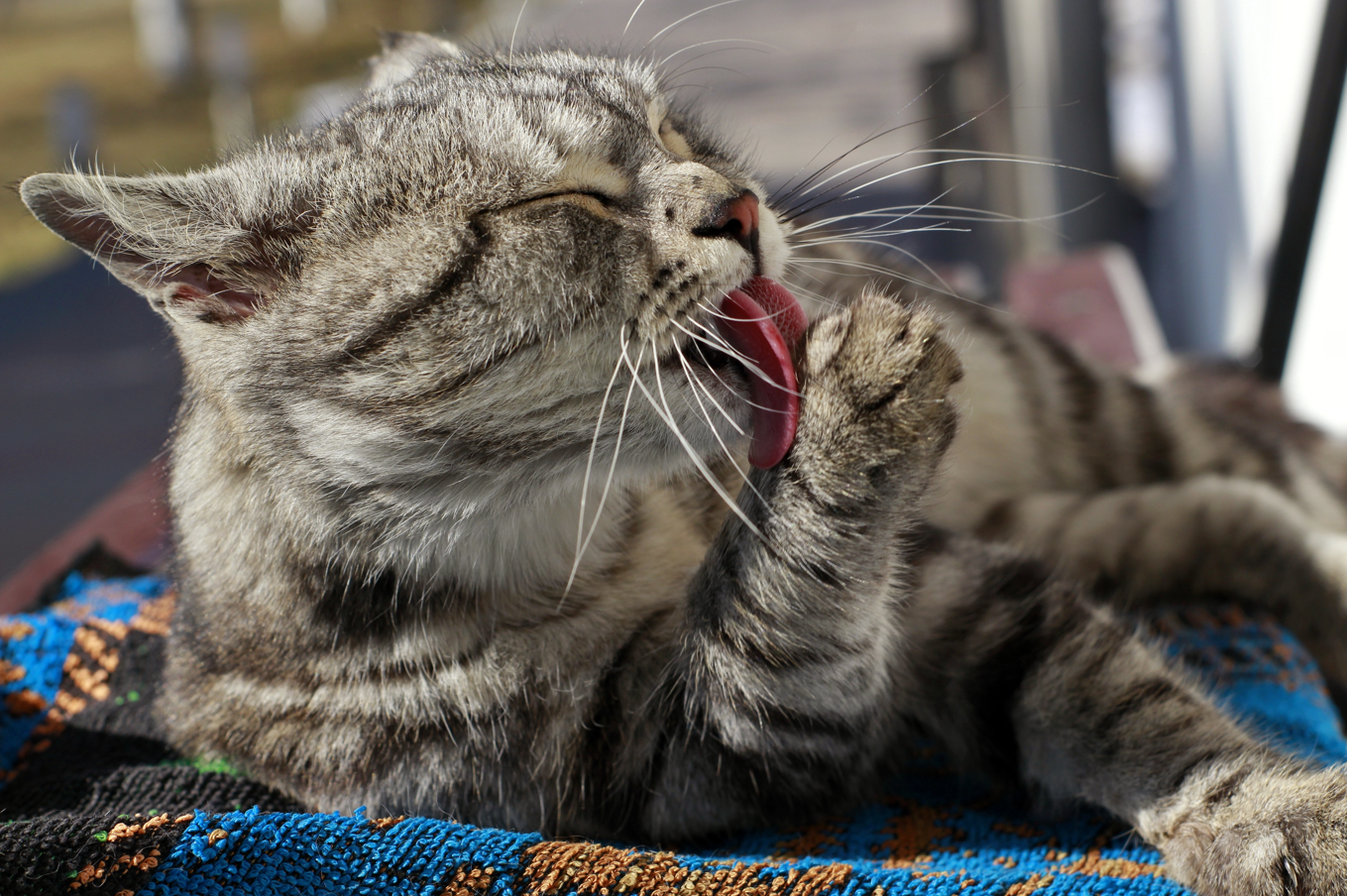
Bird Supplements: Why Your Bird Needs Them & Which Ones to Choose
, by Michael van Wassem, 4 min reading time

, by Michael van Wassem, 4 min reading time
A healthy diet is the foundation for every bird's well-being. Good food, clean water, and a safe environment are a given. However, at certain times, a bird may need more than just its daily diet. Supplements play an important role in this. They provide that little bit of extra support when a bird needs it.
In this blog you can read why supplements are important, what types exist and how best to use them.
Supplements are products that provide extra nutrients in addition to regular food. Think of vitamins, minerals, or grit, for example. They are not intended to replace daily food, but rather to supplement it.
In the wild, birds have access to a wide variety of food. In captivity, this is often more limited. Supplements help to address any deficiencies and ensure your bird still gets everything it needs.
Not every bird needs supplements all the time, but there are times when they can really make a difference:
During the moult : birds lose many feathers and need extra nutrients to produce new, healthy plumage.
During the breeding and laying period : laying eggs demands a lot from the body, especially calcium and vitamin D are important.
In young birds : Growing birds need extra building materials for their bones and feathers.
During recovery or illness : After a period of illness or stress, a bird may benefit from extra support.
For a strong immune system : in times of fluctuating temperatures or when there are more pathogens in circulation.
Calcium blocks, mineral blocks, and grit are popular supplements. They contribute to strong bones, healthy muscles, and a firm eggshell in laying birds.
Supplemental vitamins can help during molting, breeding, or when a bird is feeling less fit. They are often offered in liquid or powder form, making them easy to mix with food or drinking water.
Seed-eating birds need grit or grit to properly digest their food. It helps grind the seeds in the gizzard.
Iodine blocks support thyroid function and are especially important for certain bird species that have an increased need.
Dried insects, nuts and seeds can be a valuable source of protein and fat, especially during growth or recovery.
There are many different supplements available. Consider, for example:
Calcium blocks and pecking stones that birds can snack on as needed.
Multivitamins in liquid form that are mixed with drinking water.
Grit and stomach gravel for healthy digestion.
Iodine blocks for thyroid function.
Protein supplements such as dried mealworms for extra protein.
Special sprays or mixtures that help with behavioral problems such as feather pecking.
To use supplements properly, it is important to keep a few things in mind:
Always offer supplements in addition to regular food, not instead of it.
Don't overdo it – too much is as harmful as too little.
Keep the supplements clean and fresh by replacing them regularly.
Adjust use to the bird's life stage : moulting, breeding, growth or recovery.
Observe your bird carefully: if you notice any changes in behavior or health, a supplement may provide a solution.
Supplements are a valuable addition to a bird's daily diet. They support molting, breeding, growth, and recovery, and ensure a strong and healthy body. With the right balance between basic nutrition and targeted supplements, you give your bird the best chance at a long and healthy life. Check out all bird supplements here. Always consult a veterinarian first.


